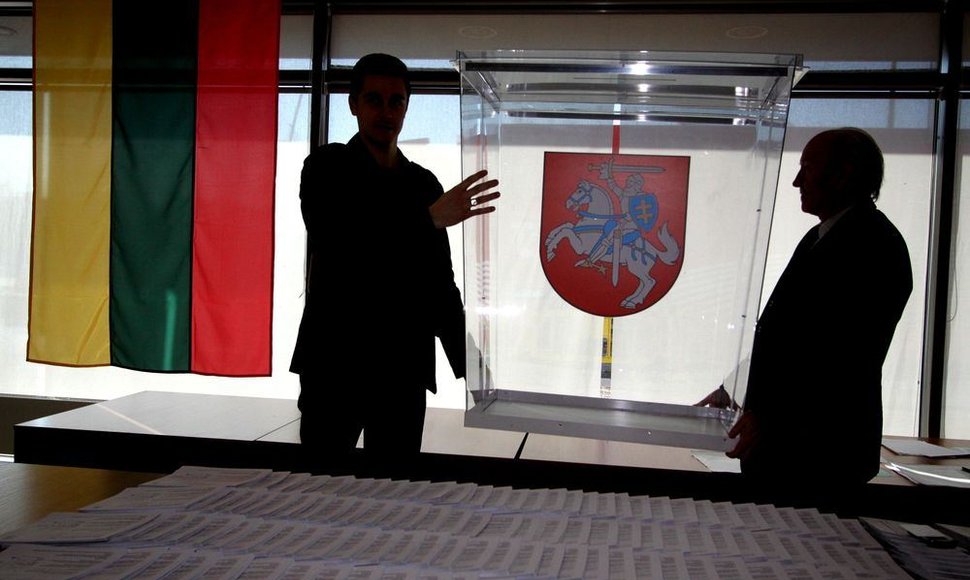The bill was supported by 50 parliamentarians, while 24 were against and 25 abstained.
For the document to be approved, it required support of at least three fifths of Lithuania's 141-seat parliament members, i.e., 85 votes.
The idea of disbanding the current parliament and holding early elections was supported by the majority of opposition Social Democrats, Order and Justice party, Labor Party and a few members of the political group of the Christian Party, in addition to a few ruling conservatives. Parliamentary Speaker Irena Degutienė, conservative, who first proposed the idea of early elections, also voted in support of the bill.
Three possible dates of early elections were proposed in Tuesday's plenary hearing, namely, 17 June, 8 July and 22 July.
Initially, it was proposed to hold early general elections on 3 June, but taking into account the parliamentary Legal Department's observations regarding deadlines set by the country's laws, the Committee on State Administration and Local Authorities, which analyzed the proposal's main version, proposed another date, 22 July.
Degutienė was the first to mention the idea of holding early general election after President Dalia Grybauskaitė refused to dismiss the then Minister of Interior Affairs Raimundas Palaitis. Degutienė then said that it would be difficult for the parliament to continue working under those conditions.
Shortly after, MPs Žilvinas Šilgalis and Agnė Zuokienė registered a bill on holding early general elections on 3 June.
Grybauskaitė has already signed a decree announcing the date of regular general elections on 14 October.














